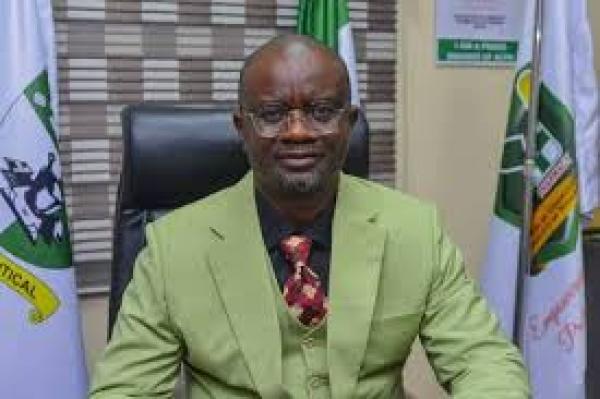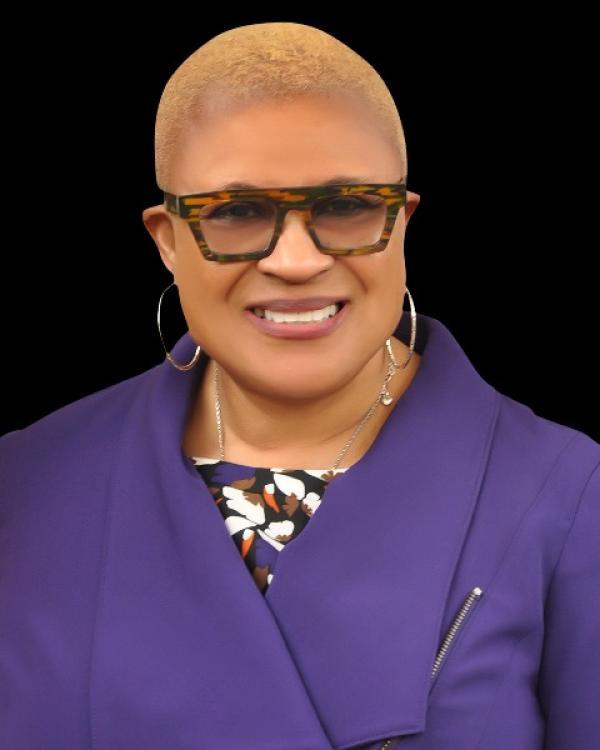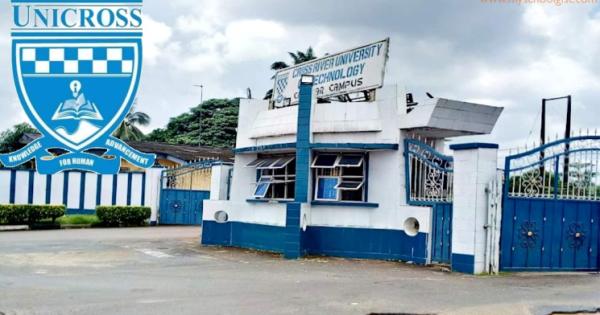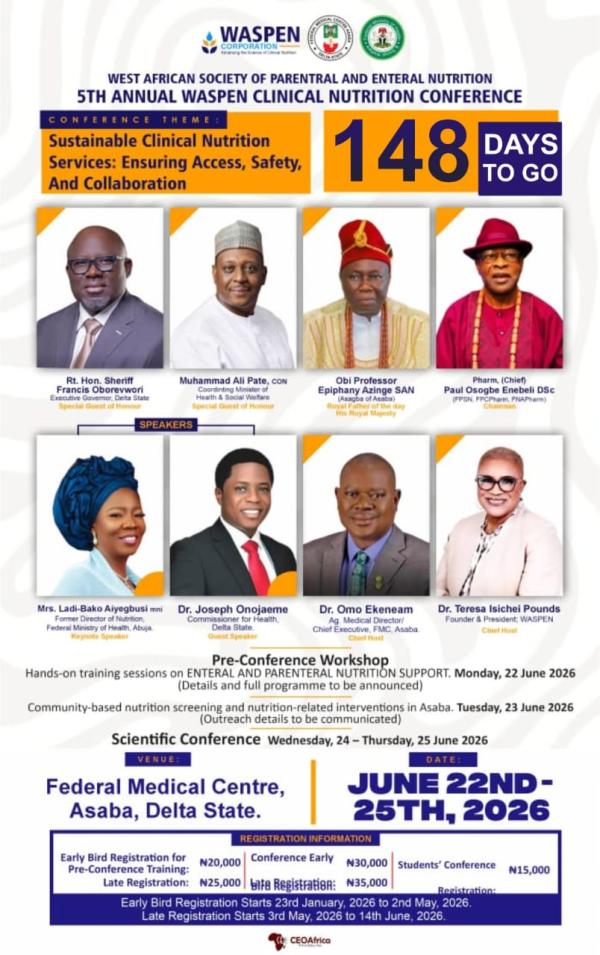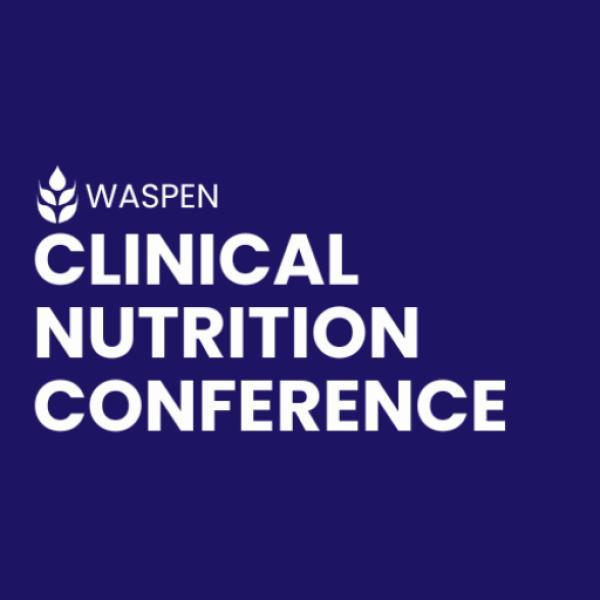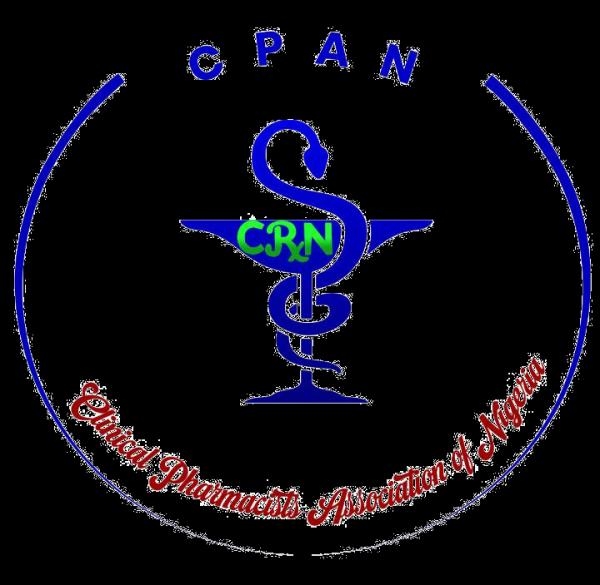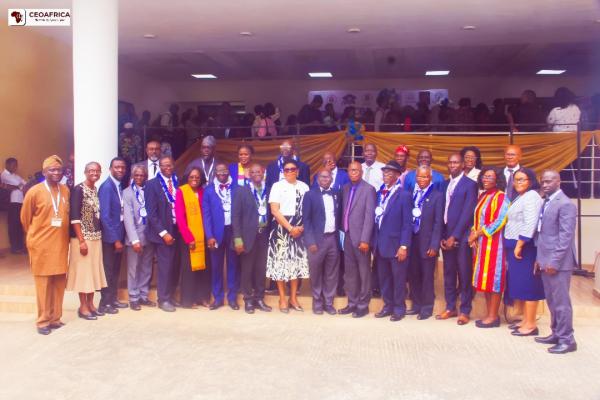
The Faculty of Basic Medical Sciences at the College of Medicine, University of Ibadan, in collaboration with the Archives of Basic and Applied Medicine, held the opening ceremony of its 9th Unibadan Conference of Biomedical Research on Wednesday, September 10, 2025, at the Abdullahi Ganduje Hall. This year’s conference theme is "AI in Translational Biomedical Research, Teaching, and Clinical Practice: Opportunities and Challenges."
The ceremony gathered a distinguished audience from academia, including eminent scholars, professors, deans, provosts, directors, heads of departments, lecturers, living legends of the college, students, and invited guests.
Dignitaries gracing the event included the Chairman of the ceremony, Prof. Kayode O. Adebowale, Vice-Chancellor of the University of Ibadan; Prof. J.T. Arotiba, Deputy Vice-Chancellor (Academic); Dr. Mercy A. Iroaganachi, University Librarian; Prof. T.O. Ogundiran, Provost of the College of Medicine, UI; Prof. Samuel B. Olaleye, Deputy Provost of the College of Medicine, UI; Prof. Akinwale Coker, Chairman of the Governing Council, Federal College of Education, Okene, Kogi State and keynote speaker; Prof. Oyeronke A. Odunola, Dean of the Faculty of Basic Medical Sciences who also doubles as the host and conference convener; Prof. Ebenezer O. Farombi, Deputy Vice-Chancellor, Chrisland University, Abeokuta; Prof. Aina Adeogun, HOD of Zoology and Coordinator of OWSD, Ibadan; along with several other esteemed professors, including Prof. A.B.O. Desalu, Prof. O.O. Olorunsogo, Prof. Adeyombo F. Bolarinwa, Prof. Falusi, and Prof. I.O. Omotoso, Chair of the Local Organising Committee.
In her welcome address, Prof. Odunola expressed gratitude to all attendees for their presence and contributions, stating, “We are gathered here to discuss the opportunities and challenges of AI in translational biomedical research, teaching, and clinical practice. The issue of AI is trending; will we move with the trend or stay where we are?
We will find out by the end of this conference. I encourage all participants to join this conversation; this is a global dialogue taking place at one of the best universities and the finest College of Medicine worldwide. Make sure to explore our beautiful campus, savor our local delicacies, and enjoy your stay.”
Prof. T.O. Ogundiran, serving as the chief host, shared his pleasure in welcoming participants to a conference he described as a "noble platform for cutting-edge dialogue." He remarked, “The theme of this year’s conference is both timely and transformative. We live in an era where AI is reshaping the vision of healthcare, from drug discovery and diagnosis to patient care and the way we educate our future scientists. While there are great opportunities ahead, we must also confront genuine concerns, such as ethical issues and data privacy, which demand our critical attention. These challenges underscore the need for a collaborative, interdisciplinary approach to ensure that we harness AI's potential ethically and responsibly.”
Over the years, the Unibadan Conference has evolved into a vital forum for advancing biomedical science across Africa and beyond, nurturing young researchers, fostering academic partnerships, and addressing real-life health challenges in the community. “Conferences like this are not mere academic rituals; they are incubators of innovation, policy, and progress,” he emphasized, encouraging attendees to embrace the spirit of collaboration and continue working towards impactful solutions in the field.
In his address, Prof. Kayode O. Adebowale commended the diverse representation within the gathering, observing the inclusion of students, early-career researchers, and experienced academics. He stated, “This speaks volumes about our society, showcasing foresight, strategic thinking, and sustainability. I welcome you all to the 9th edition of this prestigious international conference on medical sciences.
This annual gathering consistently serves as a vibrant platform for intellectual exchange, particularly with this year’s theme focusing on the transformative power of AI in our field. We stand on the brink of a new era in medicine, where AI will not only enhance research capabilities but also profoundly shape patient care and health outcomes.”
Prof. Akinwale Coker, during his keynote address, characterized technology as a "God-given gift" that has profoundly changed lives. He stated, “AI is a transformative tool in modern biomedicine. It’s essential to ensure that what we do in the laboratory translates effectively into hospitals and the wider community. Through AI, we are optimizing our processes, enhancing efficiencies, and creating opportunities to bridge gaps in healthcare delivery. This technology is no longer the subject of future possibilities; it is actively reshaping our present—addressing critical issues like the healthcare workforce gap and enabling more precise and predictive medicine.”
Emphasizing the importance of translational biomedical research, he noted, “This involves moving discoveries from the laboratory to clinical settings and ultimately to community health. The implications of AI applications are vast—from improving diagnostic accuracy to personalizing treatment plans, and from streamlining administrative processes to enhancing patient engagement. As we explore these advances, we must be vigilant about the ethical considerations and ensure that the benefits of AI are equitably accessible to all."
The event included cultural performances to entertain attendees, followed by the presentation of awards to past deans for their significant contributions to the faculty and the advancement of biomedical sciences. Goodwill messages were delivered from various dignitaries, including the provost, heads of postgraduate colleges, deans and directors.
As the conference unfolds, participants are encouraged to maximize networking opportunities, engage in dynamic discussions, and explore innovative solutions to both local and global health challenges—elements that are essential as the biomedical community continues to adapt to the integration of AI in research and clinical practices.












